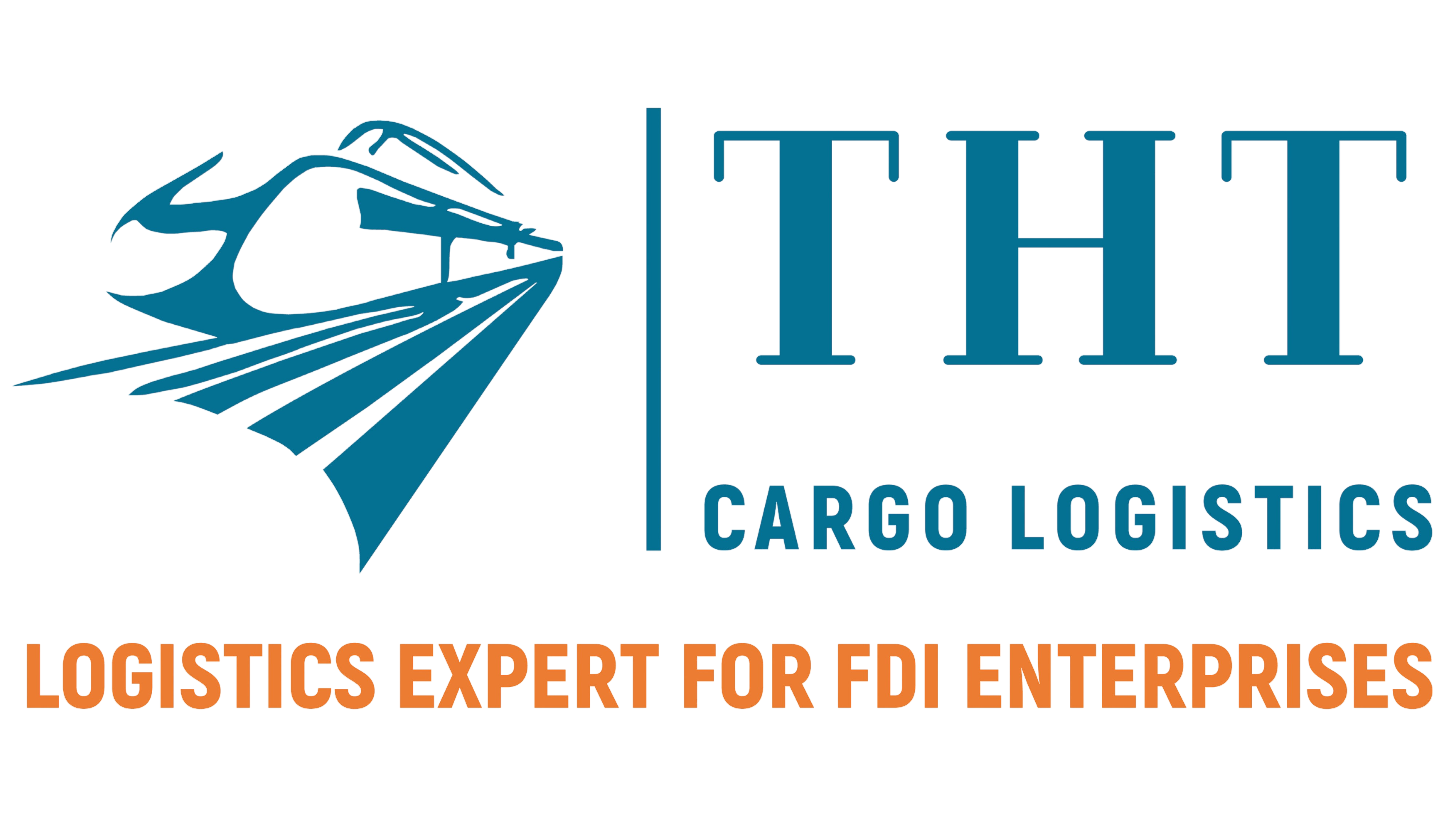What does an Incoterms regulate?
Incoterms are standards used in international sales. They are voluntary recommendations that can be applied by importers and exporters to define their obligations and responsibilities in an operation.
In a sales contract, it is necessary to specify which edition of the Incoterms is being used. The most common is the version published by the International Chamber of Commerce (ICC) in 2010.
The 11 Incoterms that exist, each consisting of three letters, determine four important aspects in an export or import operation. First, the precise place where the goods are delivered. Second, who processes each of the documents generated in the chain from origin to destination. Third, it determines at what point in the transaction the risk is transferred from the seller to the buyer. And fourth, it establishes which costs in the logistics chain are paid by the seller and which by the buyer.
“In a sales transaction, the Incoterm defines the place of delivery of the goods and how the costs, processing of documents and risks are shared between the seller and the buyer”
Incoterms are not laws, but they have legal recognition at the international level. In case of any controversy or litigation, the legal authorities can demand the fulfillment of the obligations and responsibilities assumed by the buyer and seller.

How to choose the most suitable Incoterms
It is important to know the Incoterms well in order to choose the most appropriate one depending on whether the company is buying or selling. As the interests of the seller are not the same as those of the buyer, before deciding which Incoterm we are going to use in one we must take into account certain aspects.
For example, to know if we are interested in controlling a part of the costs or to contract the main transport to be more competitive, to reduce risks or to have more security in the logistic chain.
Another factor to take into account is the degree of mutual knowledge between the parties and the trust we have with the seller if we are importers and with the buyer if we are exporters. It is also essential to know the characteristics of the country of origin/destination so as not to run unnecessary risks in aspects such as internal transport or customs procedures.
Most recommended Incoterms for export
For an international operation, the most advantageous Incoterm for the exporter is EXW (Ex Works), because he only has to deal with putting the goods in condition to be transported in his own facilities. EXW is ideal for companies with little export experience and little knowledge of the logistics chain. It is also suitable if there is little information about the buyer or if the destination is an unknown country or one that may hinder the entry of certain goods.
The Incoterm multimodal FCA (Free Carrier) and the maritime FAS (Free Alongside Ship) and FOB (Free On Board) can also be a good option for the seller because it only deals with loading the goods, transporting them to the agreed point (port, airport, terminal) and carrying out customs formalities.
It may be the case that the buyer asks the seller to take care of the formalities and costs until the arrival of the goods in the country of destination. In this case the most suitable Incoterms are CPT (Carriage Paid To) and CIP (Carriage and Insurance Paid To). The exporter controls the entire logistics chain of his goods until they arrive at the agreed point of unloading without assuming too many risks.
In case the main transport is by sea, the exporter can also choose the Incoterms CFR (Cost And Freight) and CIF (Cost Insurance And Freight). In both cases, the exporter takes care of the formalities and costs until the arrival of the goods at the port of destination. If he has the support of a good freight forwarder, he can obtain some cost savings because, for example, he can negotiate the freight with the shipping company.
“The choice of the most suitable Incoterm for an importer or an exporter will depend on whether they want to control costs, contract the main transport, reduce risks or have greater security in the logistics chain”
The Incoterms DAP (Delivered at Place) and DDP (Delivered Duty Paid) are less advisable for the exporter because they force him to take care of the whole logistic chain and to assume all the responsibility. In DAP (Delivered At Place), you process and pay the costs of unloading the goods at destination and in DDP you also take care of customs formalities and inland transport in the country of arrival. Both cases may present complications and complexities that the exporter may not be able to control and that may generate extra costs.
Most recommended Incoterms for importing
For an international purchase operation, the most advantageous Incoterms for the importer will be DAT (Delivered At Terminal), DAP (Delivered At Place) and DDP (Delivered Duty Paid). The buyer is only responsible for customs formalities in the country of arrival, inland transport to his premises and unloading. This is a good option if the buyer has little import experience or does not know the country in which he is buying. The seller will take care of customs and logistics formalities at origin, main transport, insurance and unloading at the terminal in the country of arrival.
If the importer does not have sufficient knowledge of the seller and wants to ensure that the goods he has purchased arrive at destination with guarantees and conditions, you can opt for the Incoterms maritime FAS (Free Alongside Ship) and FOB (Free On Board) or multimodal FCA (Free Carrier). The seller will leave the goods prepared and take care of the formalities at origin. The importer will control the costs and the logistics chain from the point of loading until the arrival of the goods at its facilities. In this case, it is essential to have the support of a freight forwarder to have a good control of the main transport and the costs of the chain.
If in an import by sea the buyer wants to control the costs of the main transport, the maritime Incoterms CFR (Cost And Freight) and CIF (Cost Insurance And Freight) are not recommended. It is the seller who arranges the transport at origin and issues the bill of lading. Depending on the country or the agent that the seller has contracted with, costs and other obstacles may arise that make it difficult to deliver the goods.
The Incoterms CPT (Carriage Paid To) and CIP (Carriage and Insurance Paid To) also does not allow the importer to control the operations and costs until the arrival of the goods at the point of discharge in the country of destination.
The Incoterm EXW (Ex Works) is not recommended for the importer, unless he knows very well both the seller and the country where he is buying.
Visits: 55

 Tiếng Việt
Tiếng Việt




